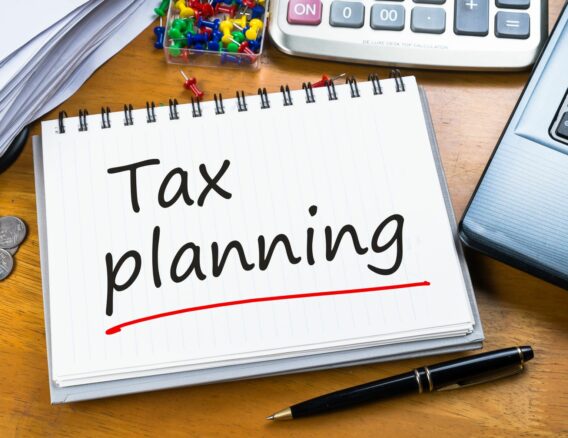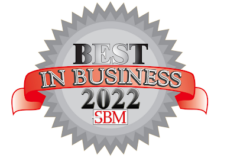Yesterday, partners Blake Will and Jordan Kuhlengel presented their top tax recommendations to end 2022 on the right note. Senior Accountant Kristalyn Shinn recaps her top 3 takeaways for business owners. If you have questions on how HKA can assist, please don’t hesitate to contact us to set an appointment! We can be reached at (314) 993-4285 or Office@hkacpas.com
Business profitability is the key to a successful business. For business owners, year end tax liabilities are a large cash outlay. Understanding what strategies reduce your tax helps businesses keep funds while growing the business and meeting goals. A few ways of reducing tax include large cash outlays on year end purchases or retirement accounts.
Year-end Purchases
Businesses should consider purchasing a capital asset to achieve a tax write off. The most common year-end purchases are vehicles and equipment. The IRS allows deductions based on date placed in service, so make sure the asset is received and has business use in 2022. The deduction for capital purchases is based on MACRS or straight-line depreciation methods, which provide for a deduction over a number of years. To get around the deduction delay, accelerated depreciation can be used. Accelerated depreciation methods include Section 179 and bonus depreciation, which allow for immediate deduction. Keep in mind bonus depreciation is reducing from 100% deduction to 80% in 2023. Depending on your specific tax situation, deduction of capital assets may be better today or delayed to the future.
Accounting Methods
The two most used accounting methods are cash and accrual basis. Cash basis taxpayers have more flexibility to direct their bottom line income. Cash basis taxpayers can purchase additional supplies or pay down payables to accelerate deductions and work out arrangements with customers for a longer payment term to reduce income. However, accrual basis taxpayers income is determined by invoices sent to customers and bills received from vendors; giving them less flexibility to change the bottom line.
Retirement Accounts
Additional tax write-offs can be obtained by investing in retirement plans. Some options of retirement accounts are SEP, 401(k), defined benefit and IRA’s. SEP is the most basic, not necessarily beneficial for business owners. It provides flexibility and ability to contribute 20% of your business income for the year. 401(k) is the most common and has safe harbor and profit sharing options. A defined benefit plan provides the largest deduction and requires a large up-front cash funding. An IRA is an individual retirement account used by a business owner outside of the business.
As you head into year-end business tax planning, consider purchasing additional assets, adjusting cash inflow/outflows or setting up a retirement plan. These may help to reduce your tax outlay next April and create the ability for your company to grow.


